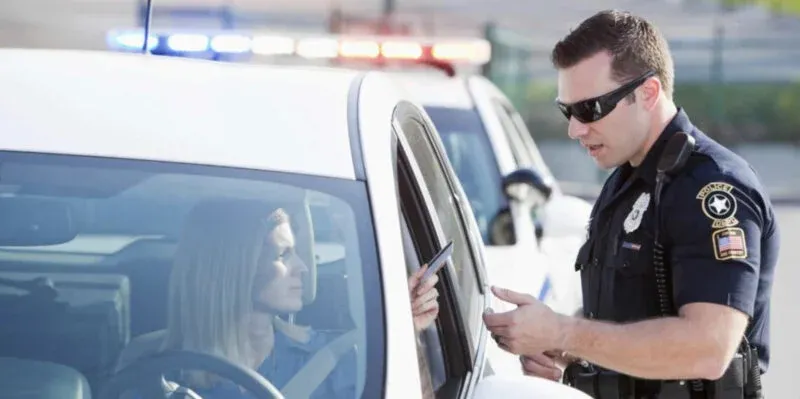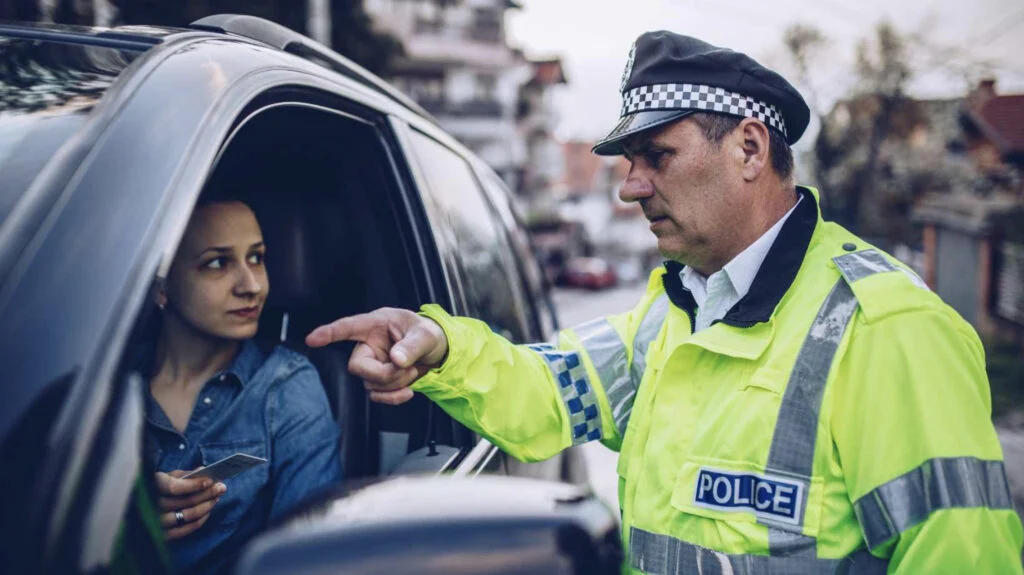
Can a Cop Pull You Over If You’re Already Parked and Out of the Car? Let’s Unravel This Legal Knot
Have you ever parked your car, stepped out, and suddenly noticed a police cruiser’s flashing lights in your rear-view mirror? It can be a bit unsettling, and you might wonder: can a cop still pull you over if you’re already parked and out of the car?
After digging into this question, I’ve found that the answer can vary depending on the situation and jurisdiction. Generally speaking, once you’ve completed your drive and exited the vehicle, the legal grounds for a traffic stop aren’t the same as when you’re actively driving. However, local laws and specific circumstances can influence how police approach the situation.
Even if your vehicle is parked and off the road when a police officer approaches, it’s important to remember that they might still have a reason to engage with you. This could be due to suspicious behavior observed before or after parking. Situations like this can often cause confusion regarding our rights, so let me break down what I’ve discovered about this issue.
Can a Cop Pull You Over if You’re Already Parked and Out of the Car?
Picture this: you’ve just parked your car, turned off the engine, and stepped out. Suddenly, a police officer pulls up behind you. Can they pull you over? Let’s break it down.
Can a Cop Pull You Over While Parked?
Technically, “pulling over” refers to stopping a moving vehicle, so if you’re already parked and out of your car, it’s not exactly a “traffic stop.” However, that doesn’t mean a cop can’t approach you or question you. If an officer has reasonable suspicion or probable cause, they can still interact with you.
For example, if the officer observed reckless driving or speeding before you parked, they might approach and issue citations based on those observations.
Understanding Traffic Laws and Limitations
Laws can differ depending on where you are. Generally, though, officers need a valid reason to approach someone who is parked. If they have reason to believe a crime has been or will be committed (probable cause), they can take further action, even if the car is stationary.
When Parking and Law Enforcement Intersect
The line between parking regulations and law enforcement authority can be blurred. For instance, if you’re suspected of DUI, it doesn’t matter if you’re out of the car when the police arrive—they can still investigate. Similarly, if there’s evidence of criminal activity, such as signs of drug use in the vehicle, they may have grounds to approach and investigate.
In these cases, a simple parking scenario could quickly turn into a legal situation.

What Constitutes a ‘Stop’ in Legal Terms
Let’s break down what constitutes a ‘stop’ from a legal perspective, especially when it comes to whether a cop can pull you over when you’re already parked and out of your car.
In legal terms, a “stop” typically refers to a brief detention of an individual or vehicle by law enforcement for investigative purposes. According to the Fourth Amendment of the U.S. Constitution, a stop is only legal if there is reasonable suspicion that the person has committed, is committing, or will commit a crime.
To better understand how this works, let’s consider practical examples. If you’re driving and a police officer signals for you to stop, that’s a clear “stop.” But what if you’re parked and out of the car? This is where things get a little more complex.
While courts vary in their interpretation of this situation, the general consensus is that once you’ve exited your vehicle and walked away, especially onto private property, law enforcement may need more than just reasonable suspicion to stop or question you. In these cases, they might require probable cause, which involves a higher level of evidence.
A few key things to remember:
- Court decisions can vary depending on the circumstances.
- State laws may differ significantly.
- Law enforcement procedures and rules vary from jurisdiction to jurisdiction.
In conclusion, understanding what constitutes a “legal stop” helps clarify your rights during encounters with law enforcement. However, keep in mind that each situation is unique and should be evaluated individually by legal professionals for accurate guidance.
Source: https://sportsfanfare.com/2023/10/03/can-a-cop-pull-you-over-if-you-re-already-parked-and-out-of-the-car-let-s-unravel-this-legal-knot/
